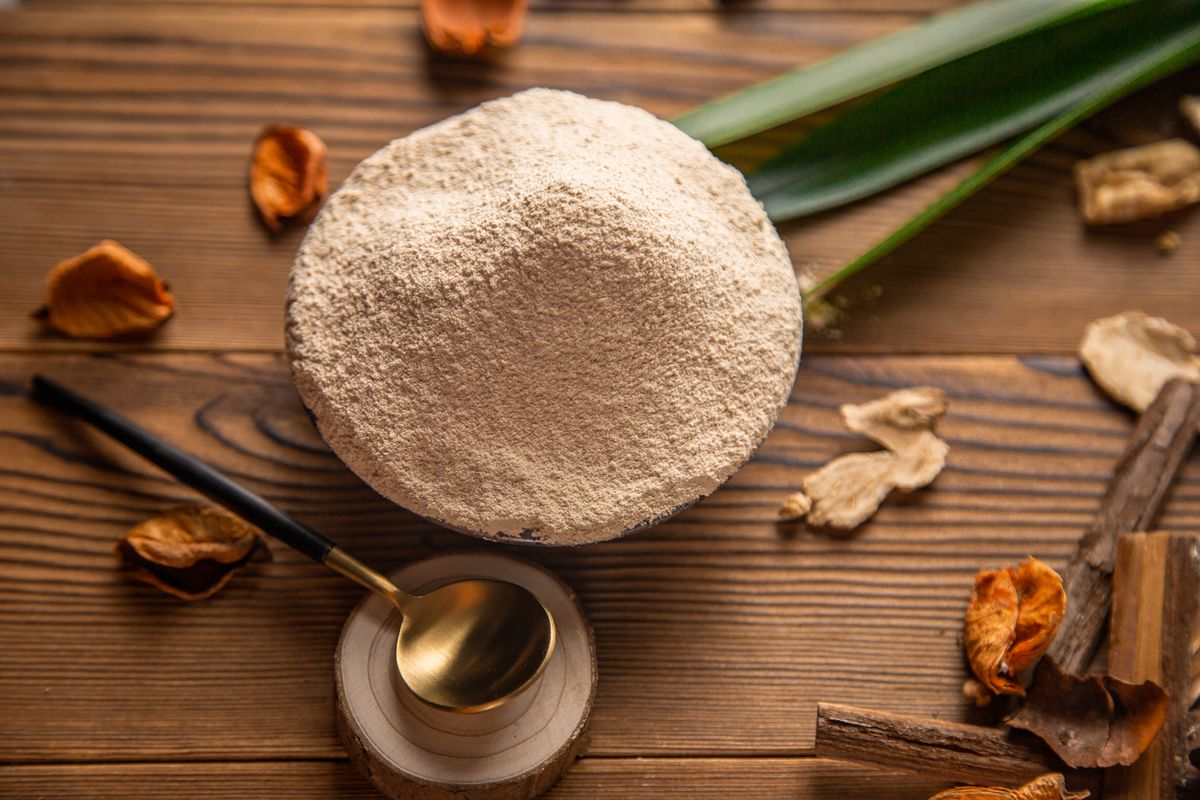When it comes to digestion, discomfort and issues can be incredibly inconvenient and disruptive to daily life. Whether it’s diarrhea or constipation, these are some of the most common issues people face. While some foods and drinks can help you pass bowel movements, there are also supplements you can turn to for immediate relief.
Here are 7 supplements recommended by dietitians that can help you poop immediately.
1) Psyllium husk
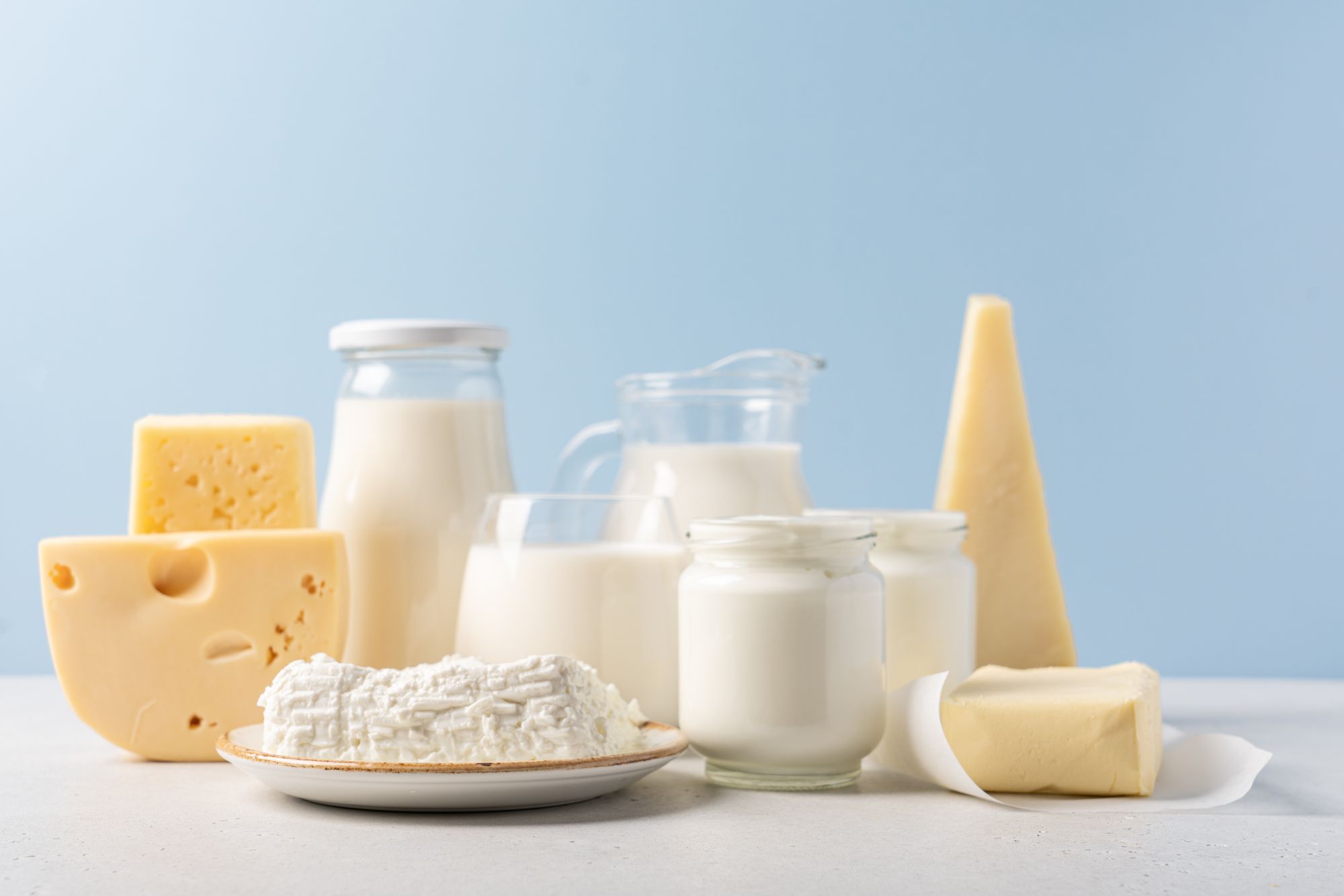
Psyllium husk is a dietary fiber that is commonly used as a laxative to promote bowel movements. Mary Sabat, MS, RDN, LD, suggests trying psyllium husk if you're feeling backed up and need a bit of relief. According to Sabat, psyllium works by absorbing water in the gut, which helps to soften the stool and make it easier to pass. A study published in the Journal of the American Medical Association found that psyllium supplementation improved constipation symptoms in adults when compared to a placebo group. It is important to note, however, that psyllium should be taken with plenty of water to avoid any potential adverse effects.
2) Magnesium

Another supplement that Sabat suggests when you need some constipation relief is magnesium citrate, which can be found at most drug stores. Magnesium citrate is a supplement that is often used to treat constipation. It works by relaxing the muscles in the intestines, which can help to promote bowel movements. A study published in the Journal of Clinical Gastroenterology found that magnesium citrate was effective in relieving constipation symptoms in patients with irritable bowel syndrome.
3) Probiotics
Probiotics are beneficial bacteria that are commonly found in the gut. They can be taken as a supplement to help improve digestion and promote bowel movements. According to Sabat, a study published in the World Journal of Gastroenterology found that probiotic supplementation improved bowel movements in patients with constipation-predominant irritable bowel syndrome.
4) Aloe Vera
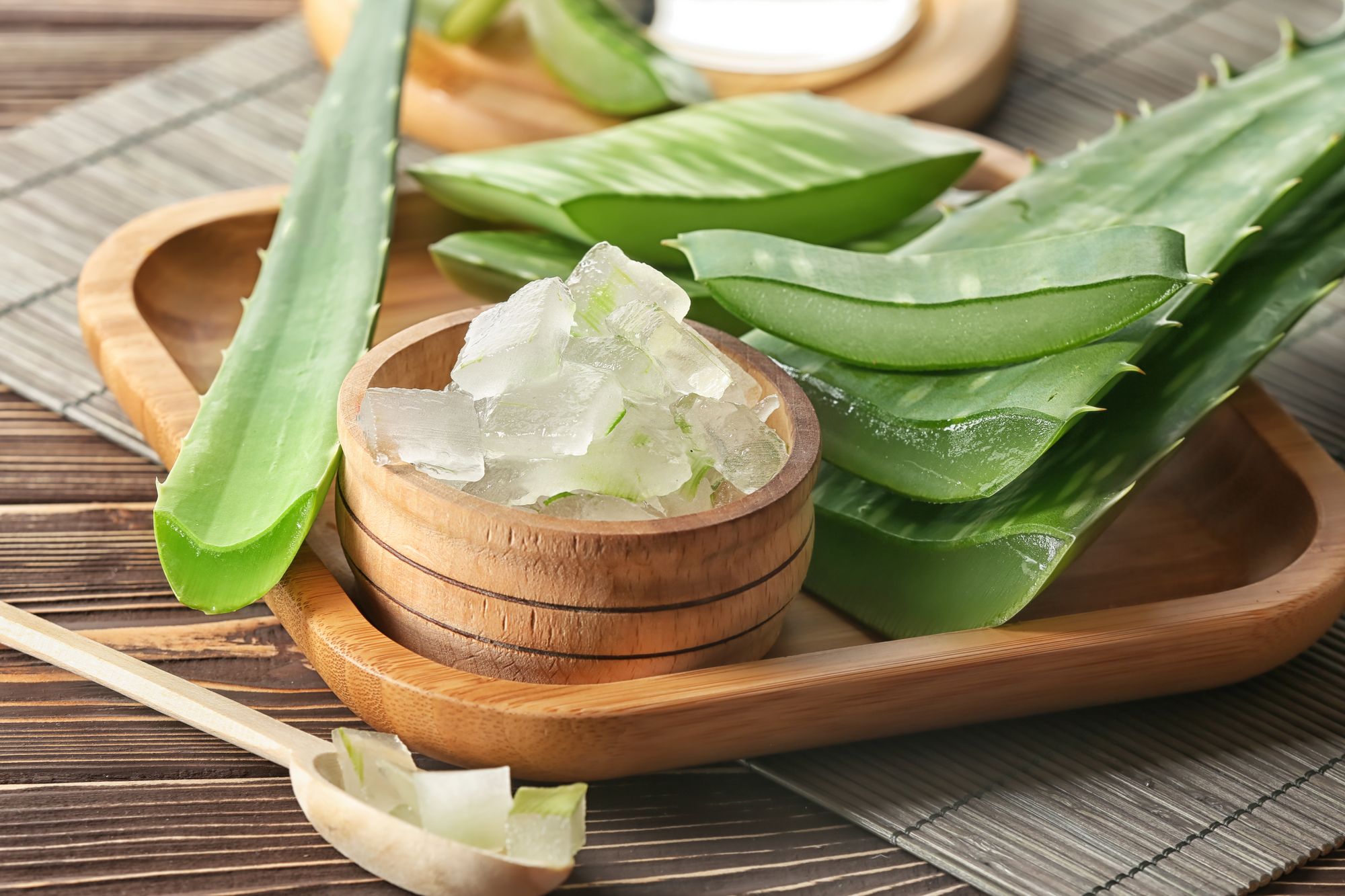
Aloe vera has antioxidant properties that increase intestinal motility speed, which may improve constipation. It is also soothing on the gut and reduces gut inflammation and bloating. Paulina Lee, MSHS, RD, LD, functional gut health dietitian and founder of Savvy Stummy, recommends aloe vera in pill form to help with digestion. It is traditionally used to treat digestive problems because of its anti-inflammatory, antimicrobial, and wound-healing properties, and an animal study showed improved intestinal motility, increased stool volume, and normalized body weight from aloe leaf extract intake.
5) Fiber Supplements
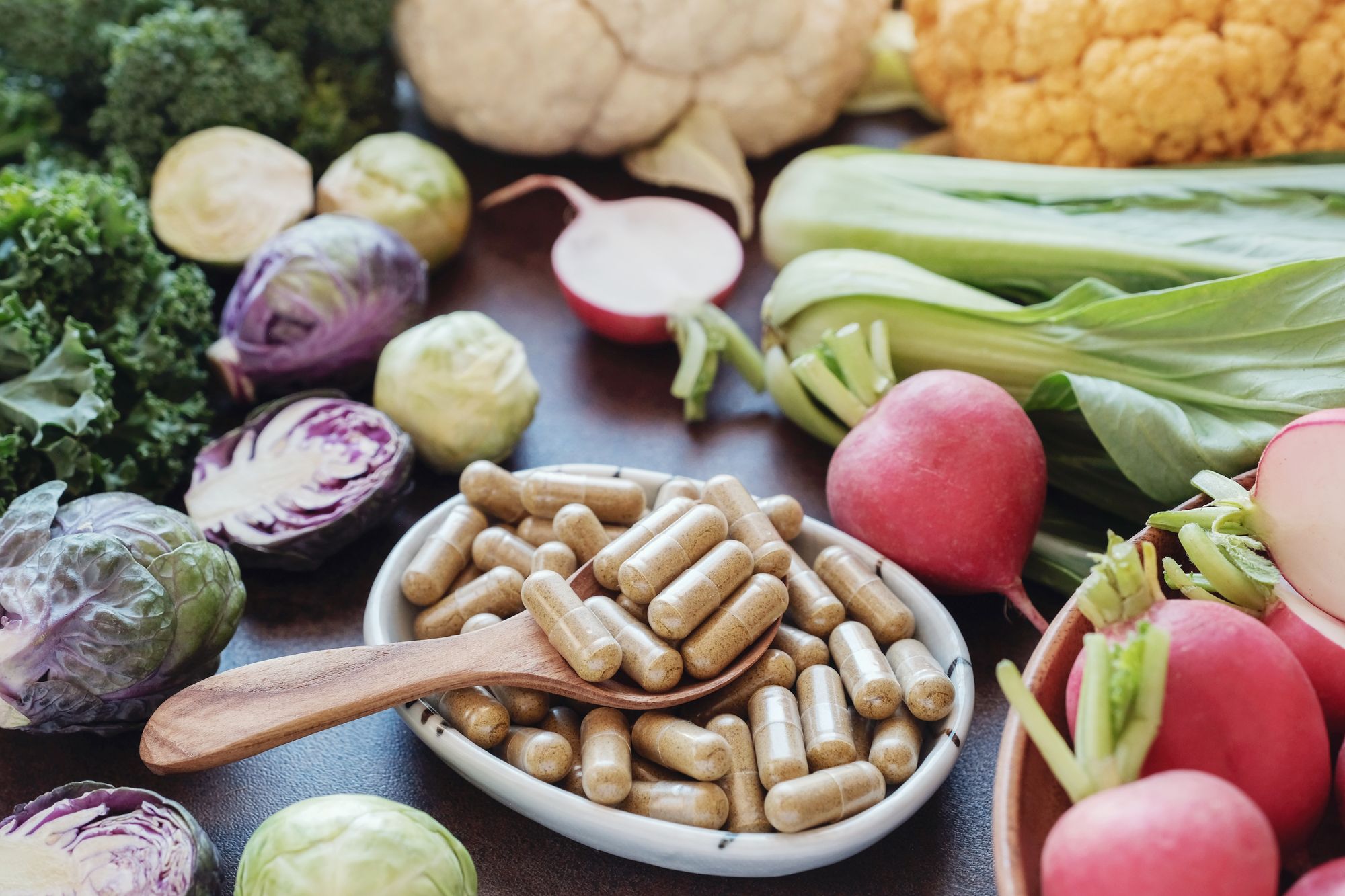
Dietary fiber helps soften your stool and helps you poop. While getting fiber through the food you eat is the best way to do it, it can sometimes be difficult to get enough. If this is the case and you need a fiber boost, you can always supplement. Kara Landau, Founding RD at Gut Feeling Consultancy and nutrition advisor to the Global Prebiotic Association, recommends consuming a fiber supplement that offers a blend of insoluble and soluble fiber, and ideally some resistant starch too. Resistant starch is a non-digestible carbohydrate that acts similar to a fiber, and also feeds the good gut bacteria, aiding in supporting a healthy gut at the same time.
6) Ground flaxseed
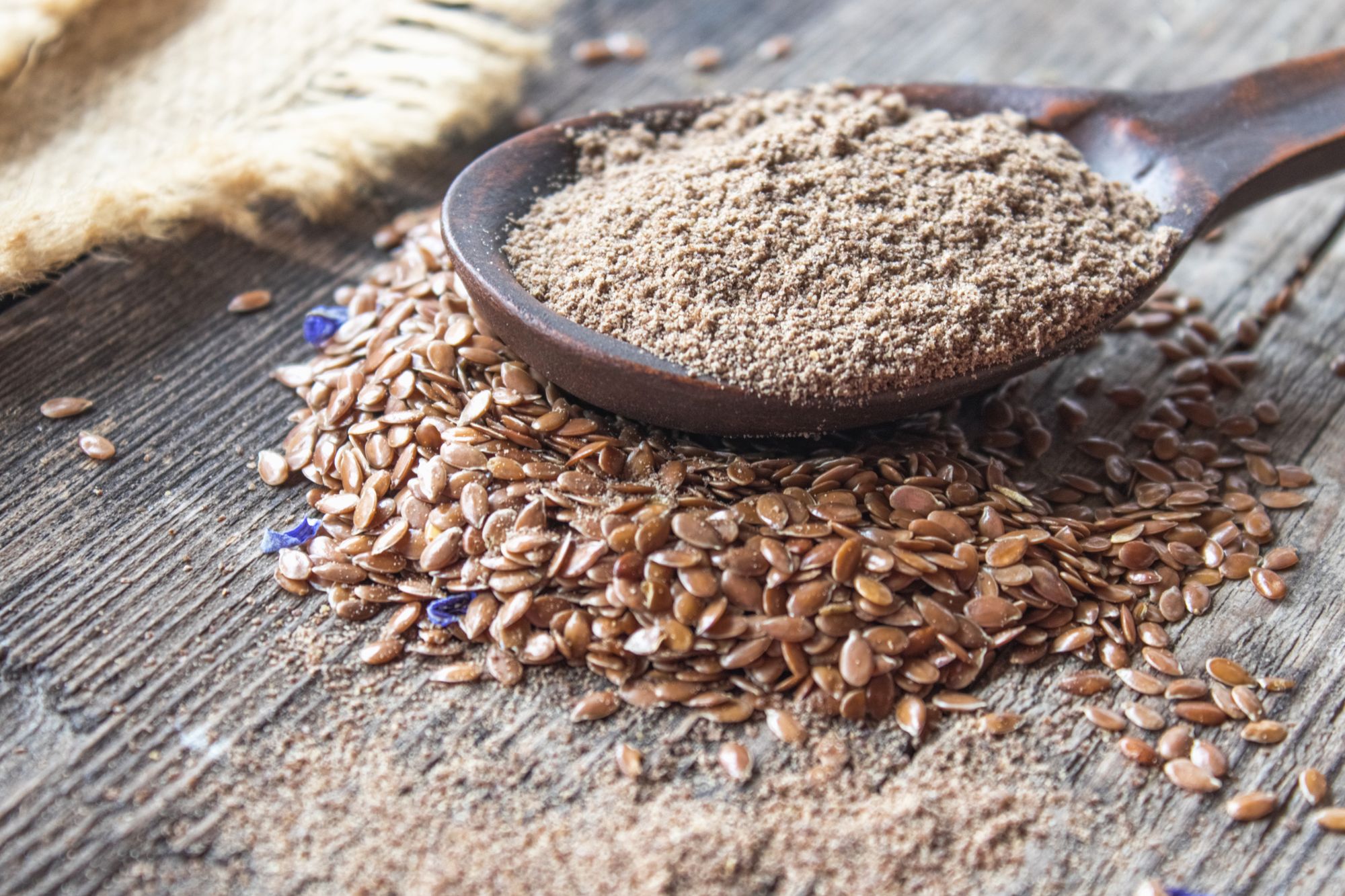
Another way to get extra fiber is to supplement with ground flaxseed. You can add this to milk, smoothies, coffee, yogurt, etc. Kelsey Costa, MS, RDN, registered dietitian nutritionist at MIDSS says that ground flaxseed is rich in dietary fiber, which can help bulk up stools and move food through the gastrointestinal tract more quickly, relieving constipation and encouraging regular bowel movements. According to a 2020 randomized control
7) Prokinetics
Prokinetics are medications that stimulate muscle contractions in the digestive tract, which can help move stool through the colon and encourage bowel movements. While not technically a supplement, prokinetics are worth mentioning as an option for those who struggle with chronic constipation.
"Prokinetic drugs such as prucalopride and tegaserod have been shown to increase the frequency of bowel movements and improve stool consistency in patients with chronic constipation," says Kulp. "They work by promoting the release of acetylcholine, which stimulates the muscles in the digestive tract."
It's important to note that prokinetics should only be used under the guidance of a healthcare professional, as they can have side effects and may interact with other medications.
Final thoughts
While these supplements can be helpful for immediate constipation relief, it's important to address the root cause of your digestive issues for long-term health. A balanced diet with plenty of fiber and water, regular exercise, and stress management can all contribute to healthy digestion and regular bowel movements. If you're experiencing chronic constipation or other digestive issues, it's important to consult with a healthcare professional to rule out any underlying medical conditions and develop a personalized treatment plan.

